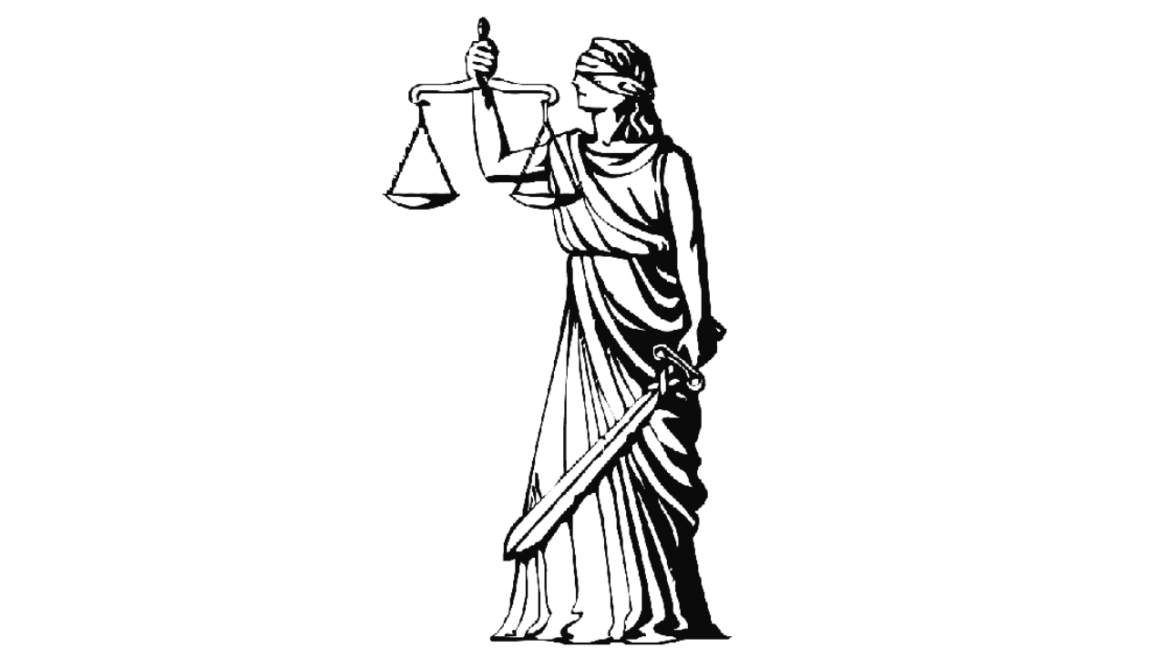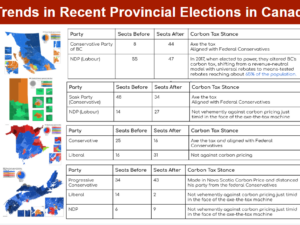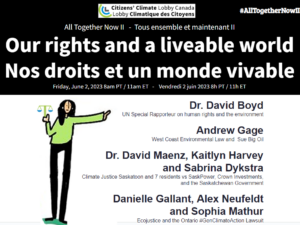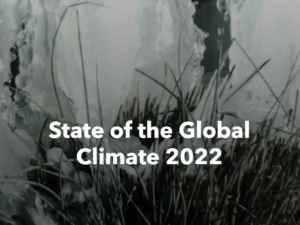On December 10, 2023, the world celebrated 75 years since the United Nations (UN) Universal Declaration of Human Rights. (General Assembly resolution 217 A). In the 21st century our rights to a liveable world are gaining traction – and none too soon. In Canada there are three climate cases using sections of the Canada Charter of Rights and Freedoms to sue the government. Here are updates: On June 21, 2024, the state of Hawaii settled a lawsuit from youths over climate change to decarbonize the state’s transportation system over the next 21 years. On April 9, 2024, thousands of elderly Swiss women joined forces in a groundbreaking case heard at the European Court of Human Rights, arguing that their government’s “woefully inadequate” efforts to fight global warming violate their human rights and prevailed! In the U.S. in April 2023 a US Supreme Court decision unleashed a wave of lawsuits against the fossil fuel industry that had been stuck in legal limbo for the last five years. Some California cities and counties are suing oil, gas, and coal companies after revelations that ExxonMobil had known since at least 1977 about the catastrophic effect of burning fossil fuels but worked to publicly cast doubt on the science. On June 1, 2023, U.S. District Court Judge Ann Aiken ruled in favor of the 21 youth plaintiffs in Juliana vs the USA granting their Motion for Leave to File a Second Amended Complaint, putting them back on the path to trial. In Montana, where the governor signed a bill banning the state from considering climate impacts when analyzing large projects such as coal mines and power plants, sixteen young people with Our Children’s Trust took the state government to court and won. On November 29, 2022, sixteen Puerto Rican Towns filed a Racketeer Influenced and Corrupt Organizations (RICO) suit against Chevron, ExxonMobil, Shell, and other fossil fuel giants for colluding on climate denial and the impacts that had during the 2017 hurricane season. Update: In May 2023, Hoboken, New Jersey became the first state-level lawsuit filed under RICO. Update: On September 16. 2023 California, the fifth-largest economy in the world, filed a sweeping climate lawsuit against ExxonMobil, Shell, BP, ConocoPhillips, and Chevron, as well as the domestic oil industry’s biggest lobby, the American Petroleum Institute for more than 50 years of deception, cover-up, and damage, climate leaders across the country have shared their support. On July 28, 2022 the UN General Assembly declared access to a clean and healthy environment a universal human right (In favour: 161, Abstentions: 8, Against: 0). On December 9, 2019 the national Commission on Human Rights of the Philippines announced the findings and recommendations from its path-breaking four-year inquiry into the human rights impacts of climate change in the Philippines and the contribution of 47 Carbon Major companies to those impacts. The Commission found that climate change constitutes an emergency situation that demands urgent action. The Commission further concluded that Carbon Major companies played a clear role in anthropogenic climate change and its attendant impacts. The Commission found that, based on the evidence, Carbon Major companies could be found legally and morally liable for human rights violations arising from climate change. On December 20, 2019, the Dutch Supreme Court, the highest court in the Netherlands, upheld the previous decisions in the Urgenda Climate Case, finding that the Dutch government has obligations to urgently and significantly reduce emissions in line with its human rights obligations. A truly historic outcome! In Mexico, young people have led several important court cases challenging the slow pace of the country’s clean energy system. The supreme court is due to decide whether they are allowed to seek justice in at least one case. Natural laws have always existed and there is a legal basis for living in harmony with nature. We are now retracing our steps. Further Reading Columbia University Database Tracks climate case around the w Laser Talk: Our rights and a liveable world
March 2024: A quarter of all US Americans live in jurisdictions that are suing big oil over lying to the public. For British Columbians municipalities seeking support to do the same Sue Big Oil is the go to organization.
On March 29, 2023 the UN backed landmark Pacific-led resolution clearing the way for the International Court of Justice (ICJ) advisory opinion on climate obligations. Through the resolution, world leaders asked the ICJ to form an advisory opinion clarifying international legal consensus on climate change’s impacts on human rights and the rights of future generations. The opinion will be non-binding, and also not enforceable but experts say it could influence the outcome of climate change court cases around the world.
Laser Talk: Our rights and liveable world
Home » CCL Canada News » Laser Talk: Our rights and liveable world












